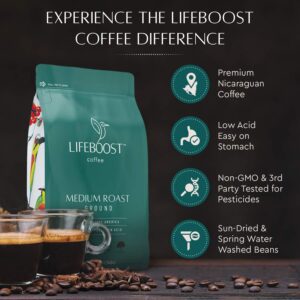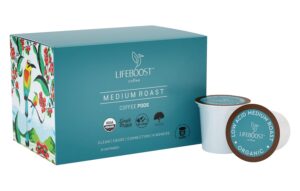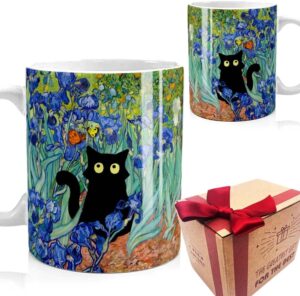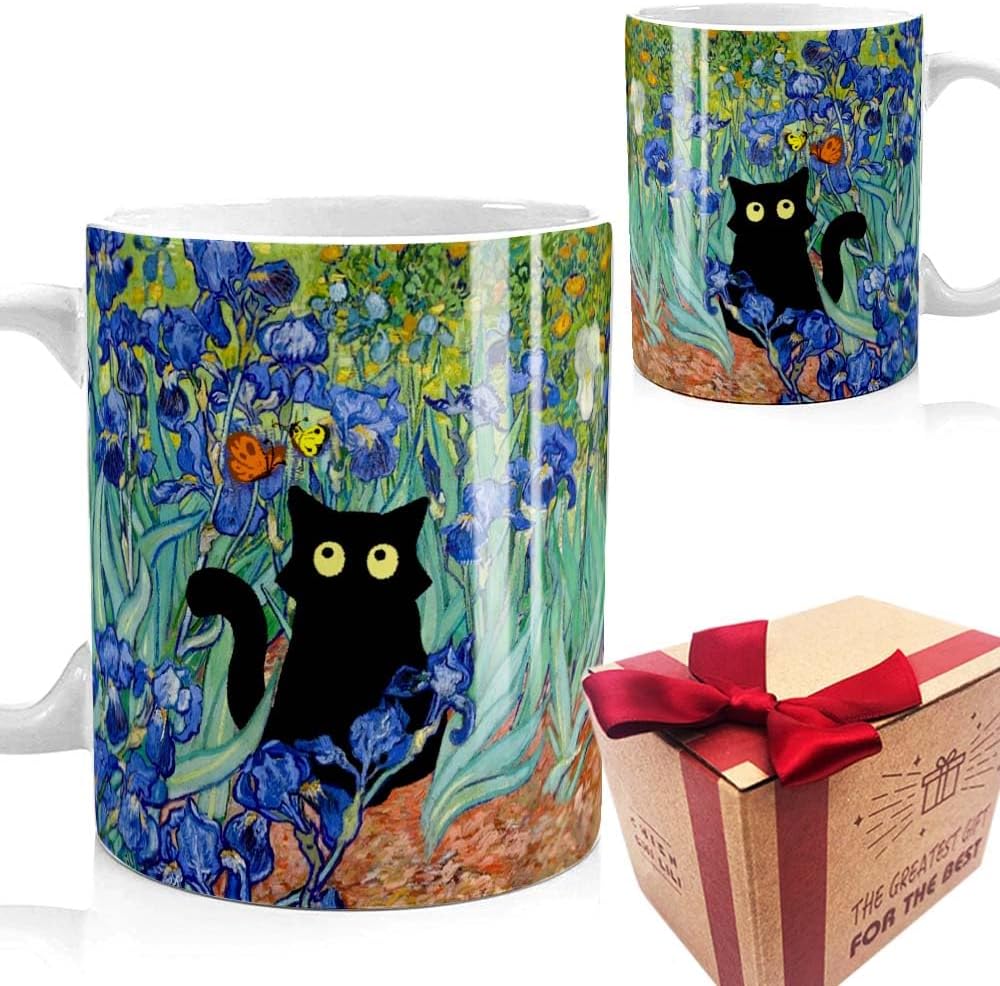Organic, shade-grown, non-GMO, low-acid, no-mold, and no-toxins coffee often gets a lot of praise because it’s seen as higher quality and more health-conscious in a number of ways. These reasons are why this type of coffee is considered beneficial:
Scroll past these products to read the reasons!
[a d] Amazon Brand – Happy Belly Dill Weed, 1.1 ounce (Pack of 1). Dill weed doesn’t have anything to do with coffee but I need some because of the dill weed shortage in the spice aisle! So I am ordering this dill weed along with my coffee and mugs.
Amazon creator ad link https://amzn.to/4ax768a
[a d] Lifeboost Coffee Ground Medium Roast Coffee – Low Acid Single Origin USDA Organic Coffee – Non-GMO Ground Coffee Third Party Tested For Mycotoxins & Pesticides – 12 Ounces.

Amazon creator ad link https://amzn.to/4gciW8S
[a d] Lifeboost Medium Roast Low Acid Coffee K Cups – Single Origin Mold Free Non-GMO Organic Coffee Pods – Compatible with Keurig & Keurig 2 Machines – 10 Count.

Amazon creator ad link https://amzn.to/3E7d974
Looking for some cute adorable cat coffee mugs? Check out these mugs on Amazon through my creator ad link: https://amzn.to/3WygWRt

[a d] Famous Art Paintings Funny Cat Coffee Mug for Artist, Art Lover, Art Teacher, Cat Lovers.

Amazon creator ad link https://amzn.to/4jzIzn8
- Organic: Organic coffee is grown without synthetic pesticides, herbicides, or fertilizers, which means there are fewer chemicals in your cup and less environmental impact. For people who are sensitive to these chemicals or want to support more sustainable farming practices, organic coffee is a good choice.
- Shade-grown: Shade-grown coffee is grown under the canopy of trees, mimicking the natural habitat of coffee plants. This helps maintain biodiversity, protects the soil from erosion, and supports ecosystems. It also leads to better-tasting beans, since the slower-growing coffee cherries tend to develop more complex flavors than those grown in full sun.
- Non-GMO: Coffee beans are naturally non-GMO since genetic modification is not common in coffee cultivation. The term “non-GMO” is often used as a marketing point to reassure consumers that the coffee hasn’t been subjected to any genetic engineering, which is important to those who avoid GMOs for health or ethical reasons.
- Low-acid: Low-acid coffee is easier on the stomach and tends to be gentler for people who experience acid reflux or sensitivity to acidity. It’s also less likely to cause that sharp, sometimes bitter taste that some high-acid coffees have. It’s a smoother, rounder taste overall.
- No-mold: Coffee beans can sometimes develop mold, particularly if they’re not processed or stored properly. Moldy coffee can produce mycotoxins, which can be harmful to health. High-quality, well-handled coffee is usually free from mold, which is a priority for people looking to avoid potential health risks.
- No-toxins: Coffee beans can be exposed to toxins (like pesticides, molds, or even contaminants in processing) that might negatively impact both taste and health. Ensuring no-toxins means the beans are carefully grown, harvested, and processed to minimize any harmful substances. This makes it a safer choice, especially for health-conscious consumers.
In short, these characteristics contribute to a more sustainable, health-conscious, and environmentally-friendly coffee choice. People who prefer it often feel it’s better for both their health and the planet. Plus, many find that it just tastes better, too, with a smoother, richer profile.
Thank you for reading my blog post and clicking the links! Have a great day!
